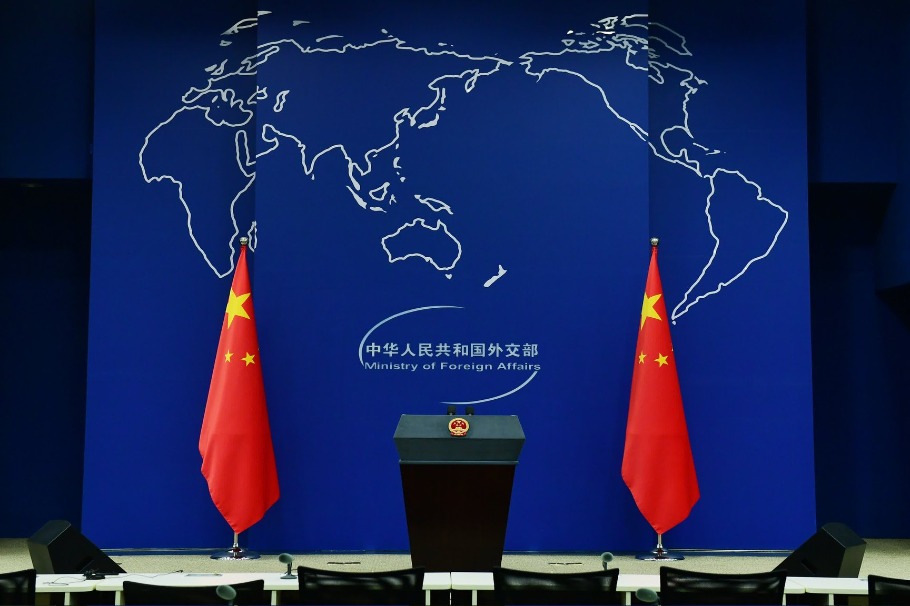Businesses told to learn from foreign NGOs
By Cui Jia | China Daily | Updated: 2017-05-11 07:37
NGOs from overseas can provide valuable recommendations and consultations to help Chinese businesses adapt to different business environments in countries supporting the Belt and Road Initiative, representatives of the NGOs said on Wednesday.
By getting involved in the initiative, Chinese companies will conduct more business in foreign countries, which have different policies on environmental protection.
NGOs, such as the Energy Foundation, which aims to promote energy efficiency, can provide clear guidelines, said He Dongquan, vice-president of the foundation's Beijing office.
"We have given suggestions to China Railway Construction Corp, which specializes in infrastructure, to help it find a balance between construction and environmental protection," He said. "Some suggestions have already become requirements in Saudi Arabia and Nigeria."
He's remarks were made during a forum discussing the involvement of overseas NGOs in the initiative. It focused on promoting policy coordination, connectivity, unimpeded trade and financial integration.
The forum was sponsored by the Ministry of Public Security's Administrative Office of Overseas NGOs in Beijing. Eleven overseas NGOs operating in China participated.
Hao Yunhong, head of the office, said the ministry will offer preferential policies to overseas NGOs contributing to the initiative. It also requires provincial-level public security departments to provide services to NGOs that run local projects related to the initiative.
According to the office, the Chinese government has issued registration certificates to 82 overseas NGOs since a law took effect on Jan 1. It said overseas NGOs had to secure approval from Chinese authorities before they could operate on the Chinese mainland. More than 180 overseas NGOs are in the process of applying for certificates.
"Chinese companies can team up with US companies that already run businesses in countries supporting the initiative to minimize security risks and better understand local cultures," said Jacob Parker, vice-president of China Operations for the US-China Business Council.
Meanwhile, the initiative has boosted infrastructure construction and improved connectivity.
"The initiative has made some places - like the Xinjiang Uygur autonomous region and Yunnan province, which were not that attractive in the past - into logistics hubs with business potential," Parker said.
























